
Are You Getting Enough Sleep?
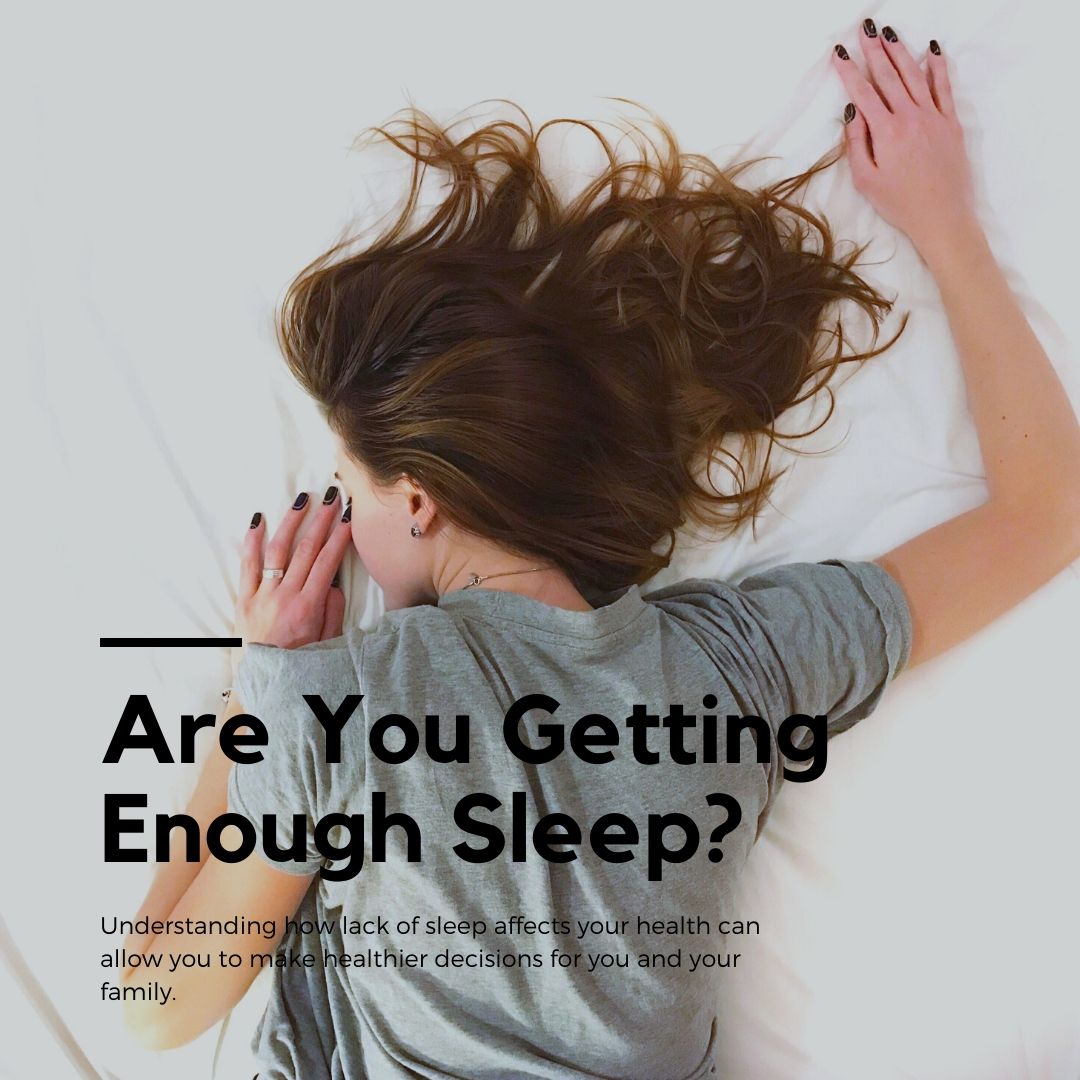
Getting enough sleep is important for people of all ages to stay in good health. People will often cut back on their sleep for work, for family demands, or even to watch a good show on television. But if not getting enough sleep is a regular part of your routine, you may be at an increased risk for obesity, diabetes, high blood pressure, coronary heart disease and stroke, poor mental health, and even early death. Even one night of short sleep can affect you the next day. Not surprisingly, you’re more likely to feel sleepy. On top of that, you’re more likely to be in a bad mood, be less productive at work, and be involved in a motor vehicle crash.
Sleep and Chronic Disease

Diabetes
Research has found that insufficient sleep is linked to an increased risk for the development of type 2 diabetes. Specifically, sleep duration and quality have emerged as predictors of levels of Hemoglobin A1c, an important marker of blood sugar control. Recent research suggests that optimizing sleep duration and quality may be important means of improving blood sugar control in persons with type 2 diabetes.
Cardiovascular Disease
Persons with sleep apnea have been found to be at increased risk for a number of cardiovascular diseases. Notably, hypertension, stroke, coronary heart disease and irregular heartbeats (cardiac arrhythmias) have been found to be more common among those with disordered sleep than their peers without sleep abnormalities. Likewise, sleep apnea and hardening of the arteries (atherosclerosis) appear to share some common physiological characteristics, further suggesting that sleep apnea may be an important predictor of cardiovascular disease.
Obesity
Laboratory research has found that short sleep duration results in metabolic changes that may be linked to obesity. Epidemiologic studies conducted in the community have also revealed an association between short sleep duration and excess body weight. This association has been reported in all age groups—but has been particularly pronounced in children. It is believed that sleep in childhood and adolescence is particularly important for brain development and that insufficient sleep in youngsters may adversely affect the function of a region of the brain known as the hypothalamus, which regulates appetite and the expenditure of energy.
Depression
The relationship between sleep and depression is complex. While sleep disturbance has long been held to be an important symptom of depression, recent research has indicated that depressive symptoms may decrease once sleep apnea has been effectively treated and sufficient sleep restored. The interrelatedness of sleep and depression suggests it is important that the sleep sufficiency of persons with depression be assessed and that symptoms of depression be monitored among persons with a sleep disorder.
How Much Sleep Do You Need?
How much sleep you need changes as you age. The American Academy of Sleep Medicine and the Sleep Research Society recommend:
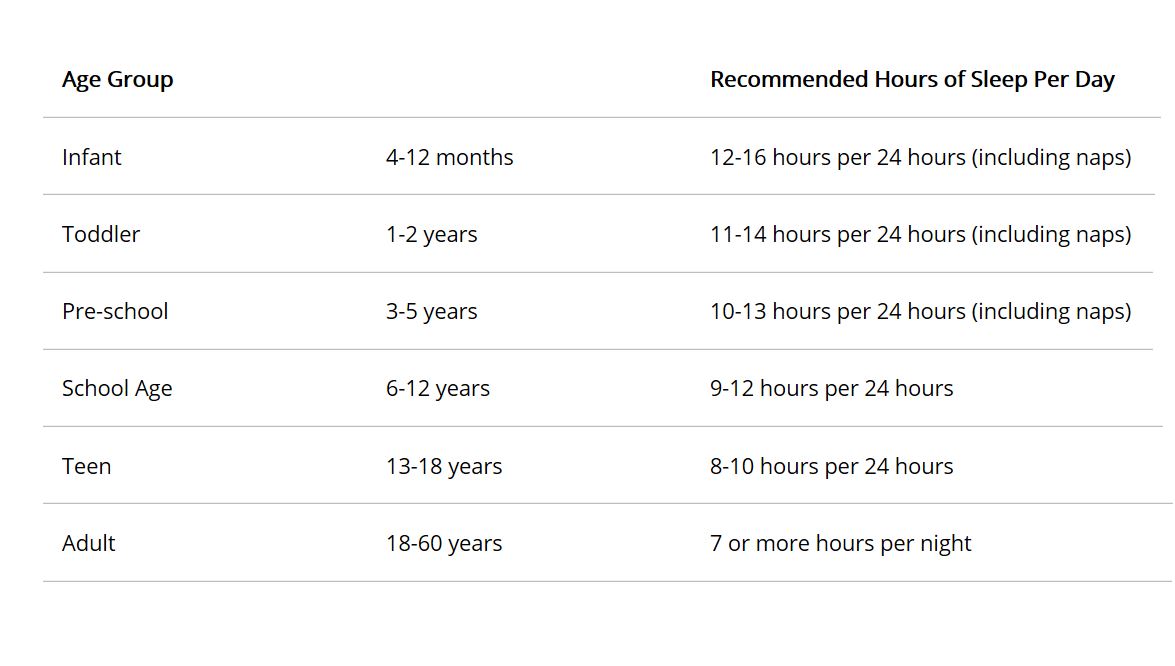
Tips for Better Sleep
Good sleep habits (sometimes referred to as “sleep hygiene”) can help you get a good night’s sleep. Some habits that can improve your sleep health:
- Be consistent. Go to bed at the same time each night and get up at the same time each morning, including on the weekends
- Make sure your bedroom is quiet, dark, relaxing, and at a comfortable temperature
- Remove electronic devices, such as TVs, computers, and smart phones, from the bedroom
- Avoid large meals, caffeine, and alcohol before bedtime
- Get some exercise. Being physically active during the day can help you fall asleep more easily at night.
Source:
- CDC


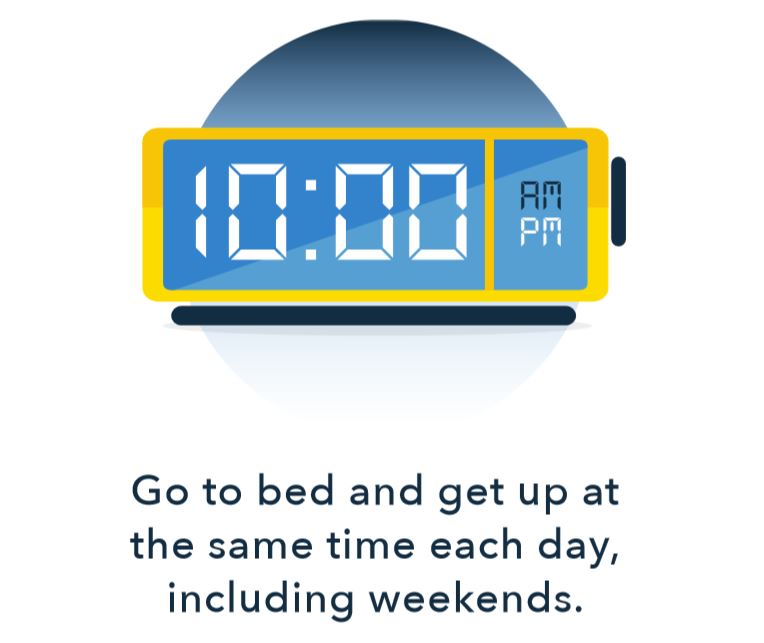
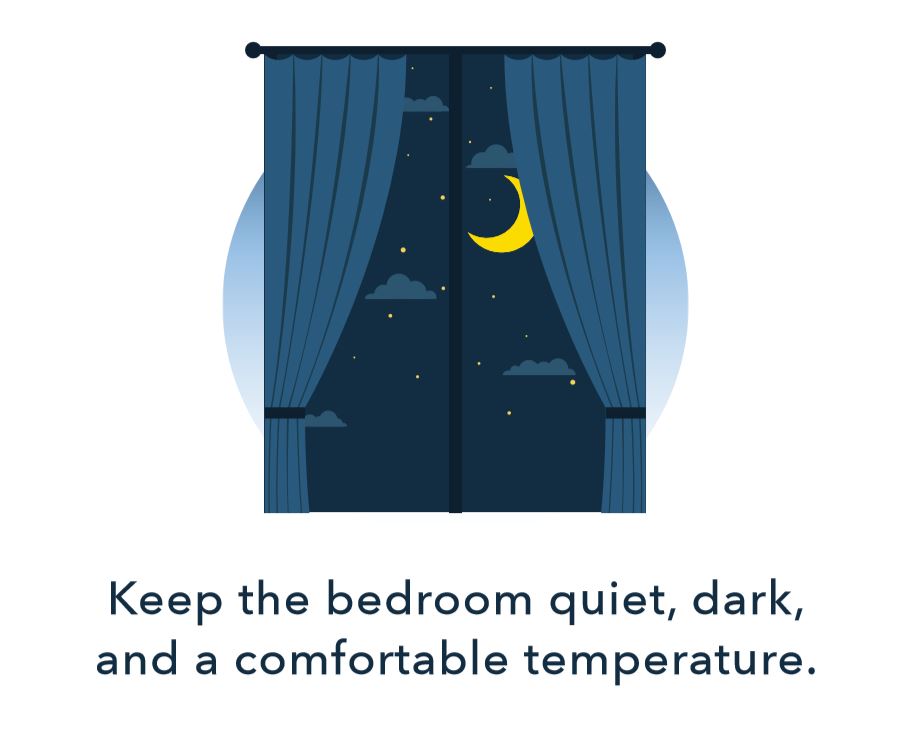
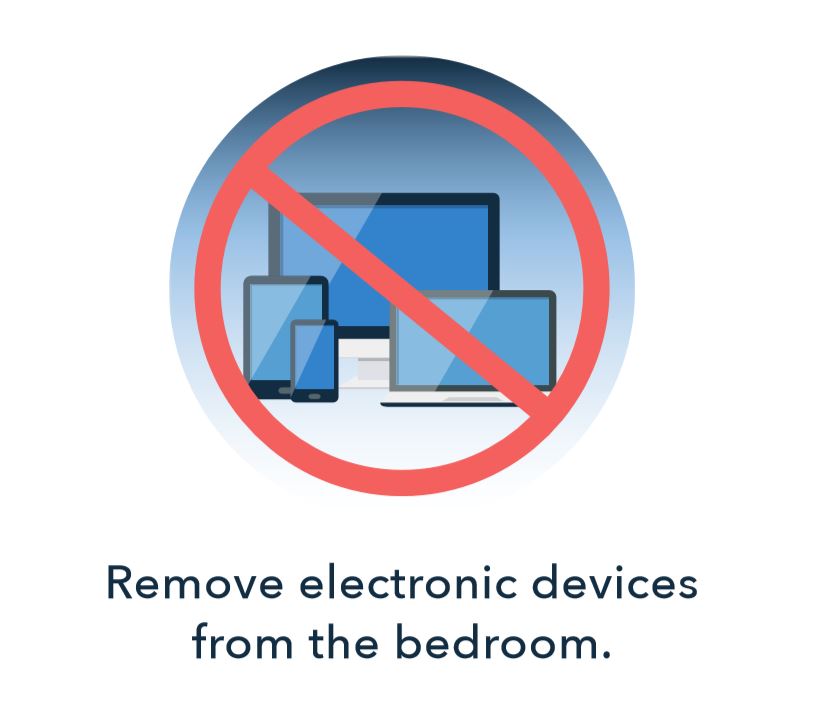
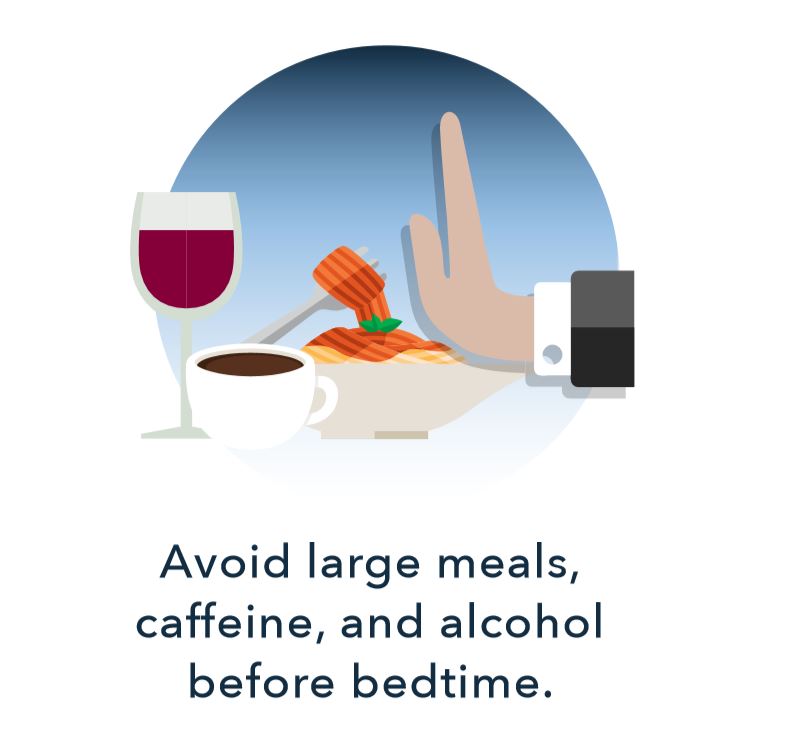
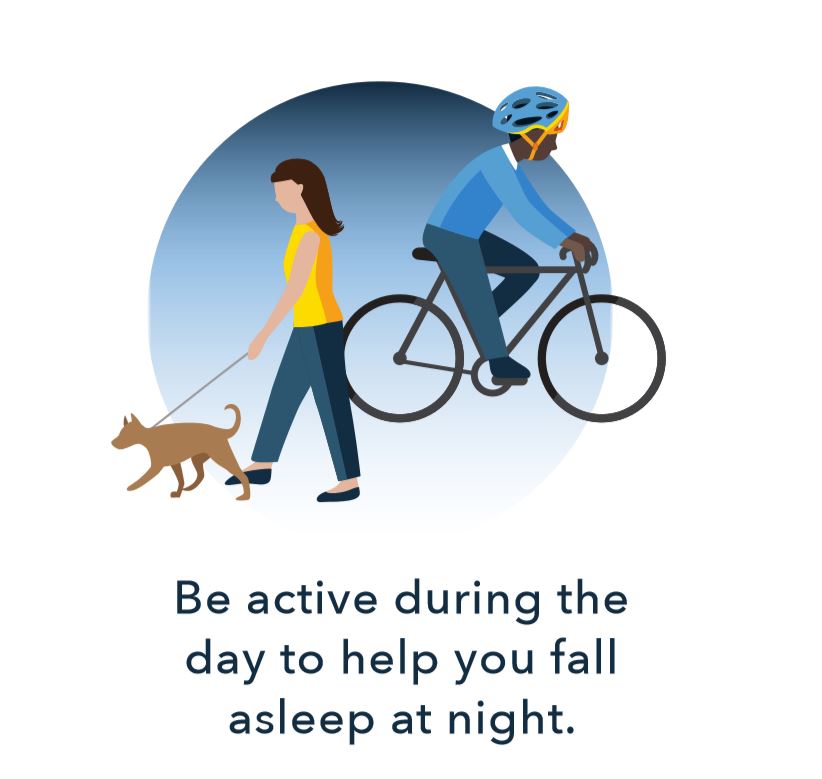
Most Commented